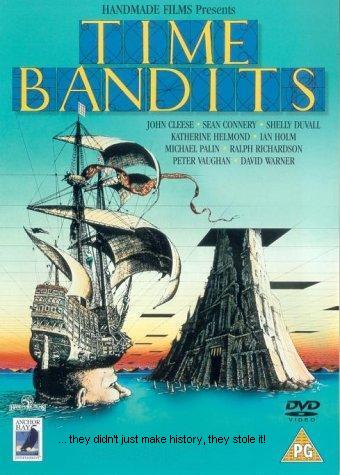|
What I'd like to grapple with here is the shift toward owning everything there is to do in my life rather than only owning the things I want to do, and not fully owning the things I have to do but don't want to do.
When I own all of it, when it's ... ALL ... MINE! ... then I want to do whatever there is to do. When I own all of it, then I want to do it all because it's ... ALL ... MINE! Then my life isn't split between what I want to do and what I have to do but don't want to do. Then all of it is what I want to do and I want to do it all. When I don't own all of it, then whatever there is I have to do but don't want to do, devours the precious time I could use to do what I want to do ... or so it would seem ...
Can you get the scarcity in this way of looking at time? Ordinarily when we say someone is coming from scarcity, we could be referring to how they are about money.
When I own all of it I'm never short of time. When I own all of it I've got all the time in the world. That's all we'll ever have, literally and exactly: "all the time in the world". When I align my life with Life, when I own all of it, when I stand for transformation (which is to say when I transform my life) I've got all the time there'll ever be. In fact when I transform my life, I've got more time than I'll ever know what to do with. I've got time on my hands, whereas before this shift there never seemed to be enough time - ever.
